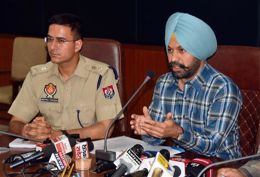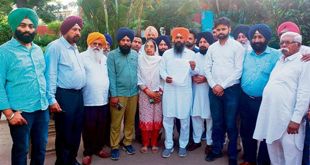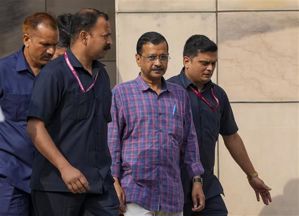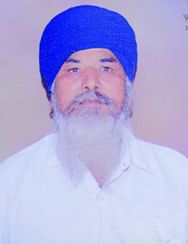Bhartesh Singh Thakur
Tribune News Service
Chandigarh, June 13
The report on governance reforms, which has recommended changes in the structure of the Academic Council and the Board of Studies (BoS), calls for lesser representation to the college teachers in both bodies.
Members of
Academic Council
It has been recommended that five senior university professors from each of the Faculties of Language, Literature and Fine Arts; Social Sciences; Sciences; Laws, Business Management and Commerce; Medical Sciences; and Engineering and Technology, along with the chairpersons of the university teaching departments, will be the members.
The principals of arts and science colleges and directors of regional centres will not be a part of the council.
It is recommended that instead of 15 teachers from affiliated colleges, only 10 professors will be elected.
A teacher for the purpose of election to the Academic Council shall be the one who has taught in the affiliated colleges for at least 12 months immediately preceding the election, but it will not include his/her teaching experience as research scholar or part-time teacher, which is presently considered.
The quorum for a meeting of the Academic Council is recommended to be 20 members instead of nine at present.
Syndicate vs
Academic Council
The governance reforms report says that in case any decision is taken by the Academic Council by more than 2/3rd majority present and voting is not approved by the Syndicate, it will go back to the Academic Council with an advisory by the Syndicate. Then, it will be reconsidered by the Academic Council. In case, the Academic Council again approves the same, the matter will be forwarded to the Senate for final decision.
Board of Studies
It has been recommended that all boards will be constituted through nomination or election every alternate year in March.
Each board of undergraduate studies will consist of the chairperson of the PU department concerned (like currently), but also the dean of faculty.
Instead of one professor of the PU, there will be two in the relevant subject, of which, at least one should be from the main department, by rotation according to seniority.
The report retains a PU associate professor and assistant professor as members, by rotation according to seniority, but the assistant professor will be the secretary now.
It has been recommended that out of six teachers to be elected from the colleges, at least 50 per cent should be women. No teacher shall be eligible to hold the membership of the board for more than two terms.
The Vice-Chancellor will nominate one expert from outside in the subject concerned. The chairperson of the Board of Studies will have the power to call not more than two special invitees in the subject concerned.
Similar conditions will be applicable to the postgraduate studies board, where also the dean of faculty will be a member. The report retains two professors, two associate professors and two assistant professors. However, one of the two assistant professors will be the secretary of the board.
In the Board of Studies in medicine, the dean of medical faculty will be the chairperson.
In the Board of Studies of education, chairpersons of other departments of the PU, which fall under the faculty of education, will be the members. Instead of 10, only five members will be elected from among the principals and regular teachers of the colleges of education/regular teachers of the PU’s department of education and regular teachers teaching the subject of education in affiliated colleges.
If a member of the Board of Studies fails to attend two consecutive meetings, she/he ceases to be a member. The chairperson, with the approval of the Vice-Chancellor, may fill such a vacancy.
It is also recommended that syllabi of the courses offered both at undergraduate and postgraduate level must be revised thoroughly every three years.
A publisher cannot approach the board for recommending a book as textbook.
"The suggested changes in regulations should be made open to all stakeholders and dialogue should be initiated with an open mind, instead of restricting it to another committee of chosen members. Collective wisdom is always better. The report should be posted on the PU website for everyone to see," said Prof Rajesh Gill, president of the Panjab University Teachers' Association (PUTA).



























